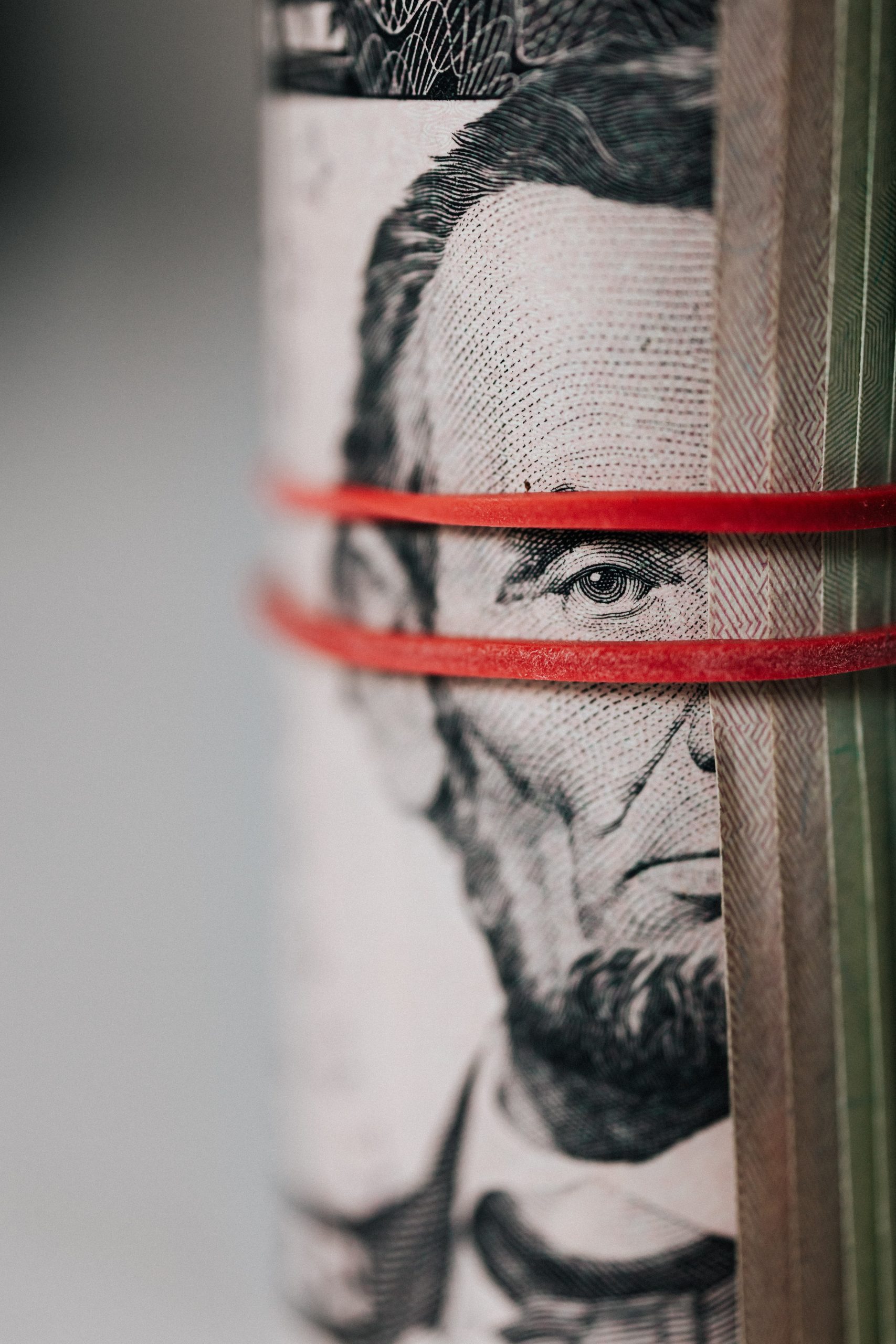Money laundering is a global problem that many countries have taken steps to tackle. In the UK, the government has implemented various regulations and measures to try and curb this activity. However, it appears that one Russian warlord may have managed to successfully launder money through the UK system without being detected. The man, who is said to be a close ally of President Vladimir Putin, was found by The Guardian newspaper to have used his mother’s utility bill to hide his identity when using the UK’s money laundering checks. In this blog post, we’ll take a look at how this happened and what it means for the future of anti-money laundering in the UK.
UK’s Anti-Money Laundering efforts
In the United Kingdom, money laundering is a serious offense. The UK has implemented a number of anti-money laundering (AML) measures to try and prevent such activities from taking place. However, as the recent case of Russian warlord using his mother’s utility bill shows, these measures are not always effective.
The UK’s AML efforts are primarily focused on ensuring that financial institutions and other businesses carry out proper checks on their customers. These checks are designed to ensure that people are who they say they are, and that they are not using their accounts to launder money.
However, in the case of the Russian warlord, it appears that these checks were not carried out properly. As a result, he was able to use his mother’s utility bill to open a bank account in the UK and transfer money into it without any suspicion being raised.
This case highlights the need for financial institutions and other businesses to be more vigilant in their AML efforts. It also underscores the importance of government agencies working together to share information and intelligence in order to better detect and prevent money laundering.
How Russian warlord was able to launder money
In 2006, a Russian warlord named Sergei Popov was able to launder money through the UK banking system by using his mother’s utility bill as proof of address. Popov had previously been convicted of money laundering in the US, but had managed to avoid detection in the UK thanks to lax checks by banks and financial institutions.
It is believed that Popov used his mother’s utility bill to open a bank account in the UK, which he then used to funnel money from Russia. Popov was able to avoid detection by using a shell company to disguise the source of the funds. This allowed him to launder millions of pounds without raising any suspicion.
The UK’s financial regulator has since introduced stricter rules on anti-money laundering, but it is believed that Popov’s case highlights the need for further reform.
What this means for the future of money laundering
As the UK’s financial regulator tightens its money laundering checks, criminals are increasingly turning to more sophisticated methods to launder their money. This means that the future of money laundering is likely to be more complex and difficult to detect.
Criminals are always looking for new ways to launder money, and as the UK’s financial regulator tightens its checks, they will become more sophisticated. This could mean that traditional methods of money laundering, such as using offshore accounts or shell companies, may become less effective.
It is also possible that new forms of money laundering will emerge, such as using digital currencies or Peer-to-Peer (P2P) systems. As these systems become more popular, they could provide new opportunities for criminals to launder money.
The future of money laundering is likely to be complex and ever-changing. Financial regulators will need to stay one step ahead of criminals in order to effectively combat this problem.
Conclusion
This case serves as a reminder of the importance for countries to have stringent money laundering checks in place. Although it is difficult to completely eradicate fraudulent activities, robust anti-money laundering systems are necessary to minimize their impact and protect citizens from the harm they can cause. It is clear that UK authorities need to look into ways of improving its existing system in order to ensure such cases do not happen again, and we must all help by doing our part when it comes to reporting any suspicious activity or transactions.










